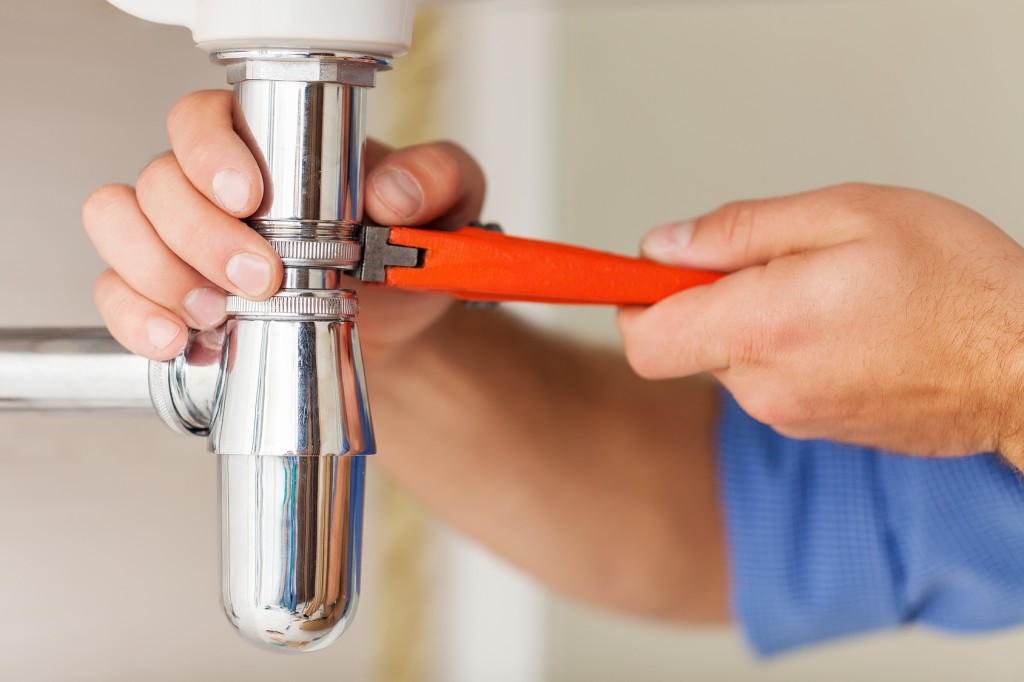A home inspection long island isn’t just for your future purchase; it’s also important to learn from. You can use the information you gain to predict future expenses like replacing a roof or water heater, and this process often takes two-three hours in total!
What to Expect In Home Inspection:
A licensed inspector checks the performance of their home’s roof, driveway, foundation, framing (walls), electrical (plumbing and HVAC), and septic tank. Some specific things home inspection long island will inspect include:
- Electrical outlets
- Window alignment and sizes
- Septic tank leaks in plumbing system or pipes;
- Check for sufficient insulation to avoid future problems with heating/cooling bills;
- basement foundations – make sure there is no water leakage which can be a breeding ground for mold growth on your walls if not handled immediately!
- Garage floor patterns should also be inspected as well to ensure proper installation procedures were followed when new was installed by the contractor-
- ask them about it while you are right here since that would raise some red flags otherwise
What a home Inspection Does not Cover?
Home inspections are not comprehensive, but inspectors can still discover many issues that might impact the home’s value.
Home inspections only cover visual cues so it’s important to know what they cannot check:
- Inside walls – Inspectors do not go inside of every wall which could mean hiding problems behind them.
- Mold- They also don’t check for mold or toxic contaminants like asbestos and lead paint on any surfaces because these materials were banned over 20 years ago in most cases.
- Pipes/sewer lines – Most homes have clean pipes however there is always a chance pests have found their way into drains resulting in possible contamination from animal feces being present along with cockroaches throughout your system leading to respiratory illness if exposed long term .
- Chimneys- These structures give a hard time checking and get blocked too
- Swimming pools
- Floor creaks and warps
Costs
A standard home inspection will vary by location and age of the property. You should shop around to find a company that offers lower prices for their services while still providing you with excellent results. Learn more on this below!
Using the home inspection Reports:
If the inspector finds major issues or a longer list of minor problems than you’d expected, reconsider your decision to purchase that home. If you have questions about these items in particular, discuss them with the inspector for help.
Bidders typically won’t estimate repair costs or remaining useful life of appliances/systems if there is an issue – although it can be very helpful when considering buying something large like this!
If you’re concerned about certain things specifically, consider getting bids from local contractors and stores yourself so that way they’ll know what kind of problems are found; then perhaps ask some more specific questions based on their input.
Conclusion:
Home inspectors are professionals who can help you make an educated decision about the property. They play a critical role in your home buying process, so it’s important to find someone with experience and expertise that matches what you need for this stage of the journey. Ask around—your realtor or mortgage lender may have recommendations based on their own experiences they would be more than happy to share with you. If not, feel free to reach out directly!

